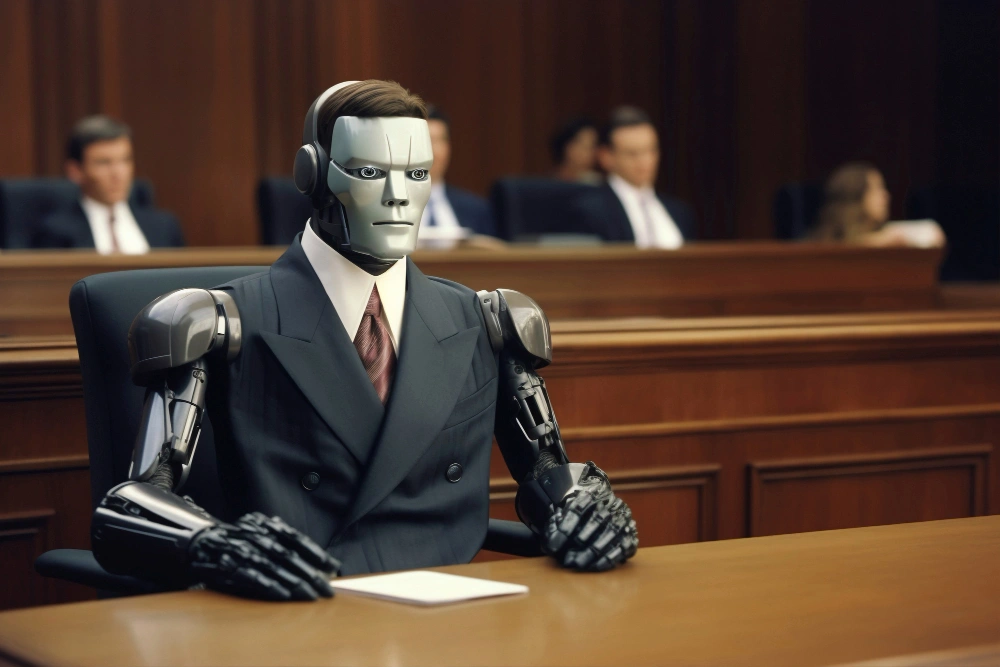The fast-evolving world of generative AI is reshaping industries at an unprecedented pace—and the legal sector is now squarely in its path. Nick Sarokhanian, Chair of the AI Practice at Barnes & Thornburg, is leading the charge in redefining how law firms approach this technology, with a firm balance of innovation and responsibility.
Under his leadership, the firm’s AI practice, now comprising over 70 attorneys across multiple disciplines, has become a powerhouse of expertise. Sarokhanian’s background in both law and computer science gives him a unique edge in navigating the legal complexity surrounding Gen AI.
Barnes & Thornburg has taken a measured approach internally, establishing AI usage policies rooted in data security, client confidentiality, and mandatory consent. The firm only permits vetted AI tools and requires explicit written approval before integrating AI into any client-related work. “Confidences must be preserved indefinitely,” Sarokhanian said, underscoring the firm’s commitment to ethics and security.
Externally, the firm is increasingly advising clients on how to build Gen AI governance frameworks. Clients range from medical device companies to government contractors—all seeking to leverage AI safely and lawfully. From copyright concerns to the legal admissibility of AI-generated records, the issues are complex and urgent.
Despite broad interest, many companies remain unprepared. Sarokhanian cited industry insights revealing that only about 10% of businesses are truly ready to deploy Gen AI at scale—a gap he believes firms must urgently close.
Gen AI is also forcing legal firms to rethink traditional billing models. The American Bar Association’s guidance suggests billing should reflect actual time saved by AI, not historical norms. For Sarokhanian, that presents an opportunity to deliver higher-value counsel rather than being displaced by automation.
Looking ahead, Sarokhanian anticipates a surge in litigation related to Gen AI—ranging from copyright disputes to failed implementations. He also predicts more lawyers will begin adopting AI tools for drafting and discovery, though full-scale adoption will take time.
His advice to legal professionals is simple yet powerful: become both explorers and experts. “Judgment still sets lawyers apart,” he said. “AI can assist, but it can’t replace legal intuition.”
In a world increasingly driven by algorithms, Barnes & Thornburg is helping define a future where legal expertise and ethical AI coexist—anchoring the legal profession in responsibility, not just disruption.
Explore CXO Insider for the latest innovations in Operations, IT, and Finance, featuring valuable insights from top C-Level industry leaders!
Source: Ceoworld.Biz




